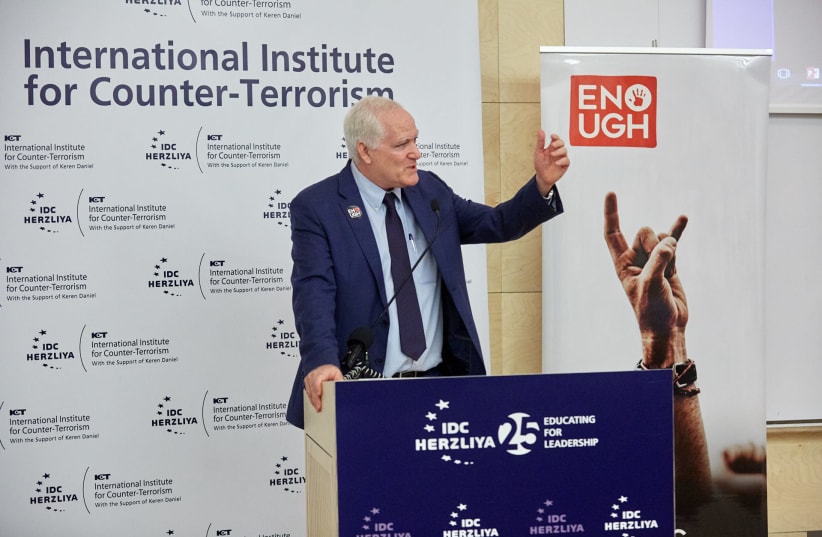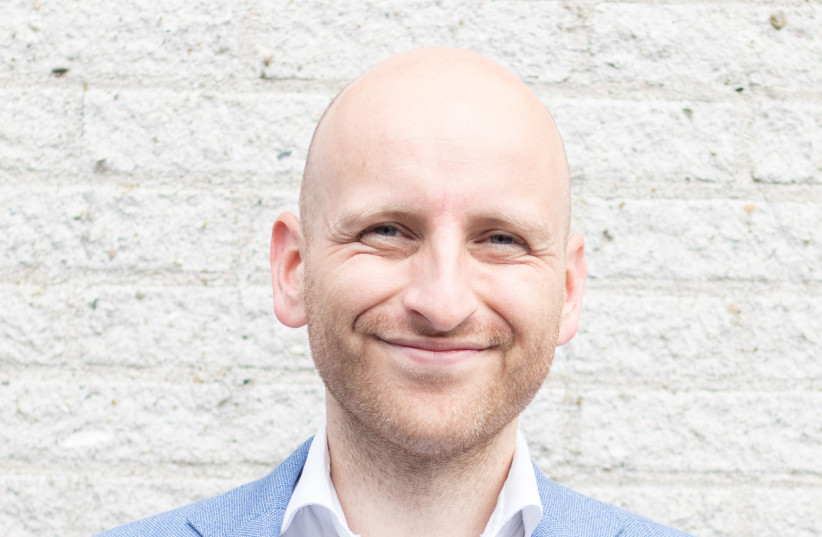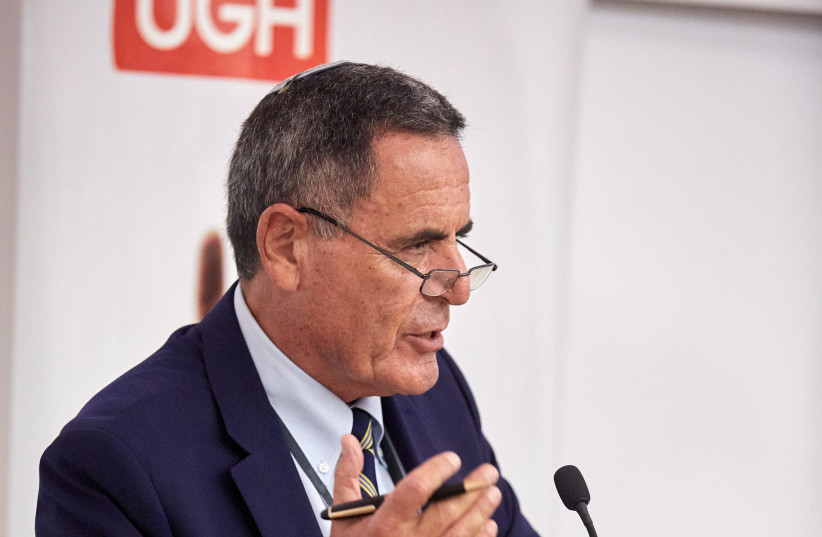The 9/11 terrorist attacks marked a watershed event both in the development of global terrorism as well as in counter-terrorist philosophy and measures taken in preventing future atrocities.
As for terrorist threats, 9/11 proved yet again that one cannot simply turn a blind eye to the threat of terrorism; global players need to pursue terrorisism and proactively attack terrorists in theirs caves (physical and virtual outposts). 9/11 taught the Democratic world that without being proactive, the terrorist will attack in one’s homeland when and where least expected. One of the most important conclusions from 9/11 is that we cannot limit our efforts to defensive security measures only; we need to be proactive; using offensive measures in order to prevent future threats.
Another important conclusion from 9/11 is the crucial need for internal counter-terrorism coordination as well as international cooperation. In order to understand the threat of terrorism, and be prepared for terrorist threats, there is a need to share intelligence information among different internal intelligence and law enforcement agencies, and their international counterparts. When the threat of terrorism becomes so elusive, involving a complicated network of different perpetrators and supporters from various countries, it does not respect borders or laws, it will become increasingly difficult to connect the dots, without developing ongoing, effective up-to-date domestic and international cooperation. In this respect "it takes a network to defeat a network" is not just a slogan it should become the operative philosophy of the liberal democratic world. One of the most important lessons learned from 9/11 is the critical need to develop ongoing counter-terrorism expertise, to learn both about the threats of terrorism and its doctrines, strategies and operative counter-terrorism tactics.
It is unfortunate that many people around the world, including security experts, believe that terrorists in general are primitive or ignorant. On the contrary, many of the arch-terrorists in today's times and especially the 9/11 conspirators were wily and innovative, they effectively collected intelligence, such as security procedures in American airports, and carefully planned to use those security flaws to their advantage. Aviation security prior to 9/11 was focused on trying to find bombs and prevent them from being onboarded. Al Qaeda terrorists proved in 9/11 that a terrorist can highjack an airplane and use it as a guided weapon of destruction. Armed with knowledge, and knives the terrorists of 9/11 conned all security measures, procedures, technology and staff causing one of the worst acts of terror in modern times.
Experienced modern terrorists are constantly adapting and learning. The counter-terrorist – political decision makers, intelligence and law enforcement agents, police and security officers, international organizations, jurists and lay leaders should therefore be on a learning curve. Counter-terrorists need to understand the grievances and motivation of terrorists, Islamist jihadists, far right, nationalists, anarchists and other terrorists who are motivated by extremist ideologies, or terrorists who serve as proxies of rogue states. The modern counter-terrorism experts should understand the rational of terrorists – their calculation of costs and benefits, their goals and modus operandi, their interests, capabilities, and deficiencies. The modern counter-terrorism expert should be able to think like terrorists, conduct risk and threat analysis, take part in terrorism simulations and "Red teaming" exercises (imitating the way terrorists plan and prepare for attacks). The counter-terrorist expert needs to learn different counter-terrorism approaches, strategies and doctrines. Above all modern counter-terrorist should identify, learn, experience and solve all counter-terrorism dilemmas in all spheres of counter terrorist activities – offensive, defensive, legal, punitive, deterrence and intelligence spheres.
MA program in Government with Specialization in counter-terrorism at the Lauder School of Government, Diplomacy & Strategy at Reichman University
Based on 25 years of academic and practical experience in counter-terrorism at the International Institute for Counter-Terrorism (ICT), focusing on a combination of extensive Israeli counter-terrorist experience coupled with academic excellence, ICT offers an international, one year MA Program in Counter-Terrorism. This English-speaking hybrid program can be taken as an in-person program on campus or online. Students receive fundamental terrorism courses such as: Insurgencies and civil wars, Global Migration: challenges and dilemmas, Radical Islamic Ideologies, Formal and informal terrorism actors, Psychological aspects of terrorism, the new theater of terror – Online Terrorism. Students receive exclusive courses on terrorism actors and modus operandi such as: Hezbollah – a hybrid terrorist organization, Post-modern terrorism – Chemical, biological, radiological and nuclear, Cyberspace in modern terrorist strategy, Terrorist fundraising. A special focus is given to counter-terrorism courses such as: Cybersecurity, Intelligence in the era, Counter-terrorism strategy and the terrorism threat, Terrorism profiling, and Legal dilemmas in counter-terrorism.
The leading course is "Dilemmas in Counter-Terrorism Decision Making" by Prof. Boaz Ganor. Students are exposed to more than 50 pivotal dilemmas in all spheres of counter-terrorist activity (offensive, defensive, intelligence, legal, etc.), after learning and understanding modern terrorist rational. Students analyze these dilemmas together with former Israeli heads of security and law enforcement agencies. Simulations are conducted, with the final assignment being developing an outline of a TV series ("Fauda" style). This series will focus on introducing viewers to pivotal counter-terrorist dilemmas and their solutions.
The new generation of counter-terrorism experts will be armed with a deeper understanding so as to contend with mounting challenges post 9/11.
Hear from our experts and students
According to Jonathan Davis, VP of External Relations and Head of RRIS,
“This unparalleled program prepares the next generation of counter-terrorism experts, both practitioners and scholars, exposing students to academic theoretical research and practical counter-terrorism experience with leaders in the field”
“When I had the chance to participate in this MA on counter-terrorism at Reichman University I did not have to think twice. Arguably it is the best MA on counterterrorism in the world. The MA is an amazing opportunity to learn from eager and motivated students, but also from global experts in the field.” Bart Collard, Ph.D. Candidate on Islamic terrorism at Leiden University and MA student in Government with Specialization in Counter-terrorism and Homeland Security
“Being part of the MA program in Counter-Terrorism and Homeland security has taught me both academically and practically how to analyze and address issues and questions of terrorism. I was excited to learn from the program’s incredible staff composed of so many experts” Dalia Zahger Levy, a 3rd-year student of Government with Specialization in Counter-terrorism and Homeland Security


